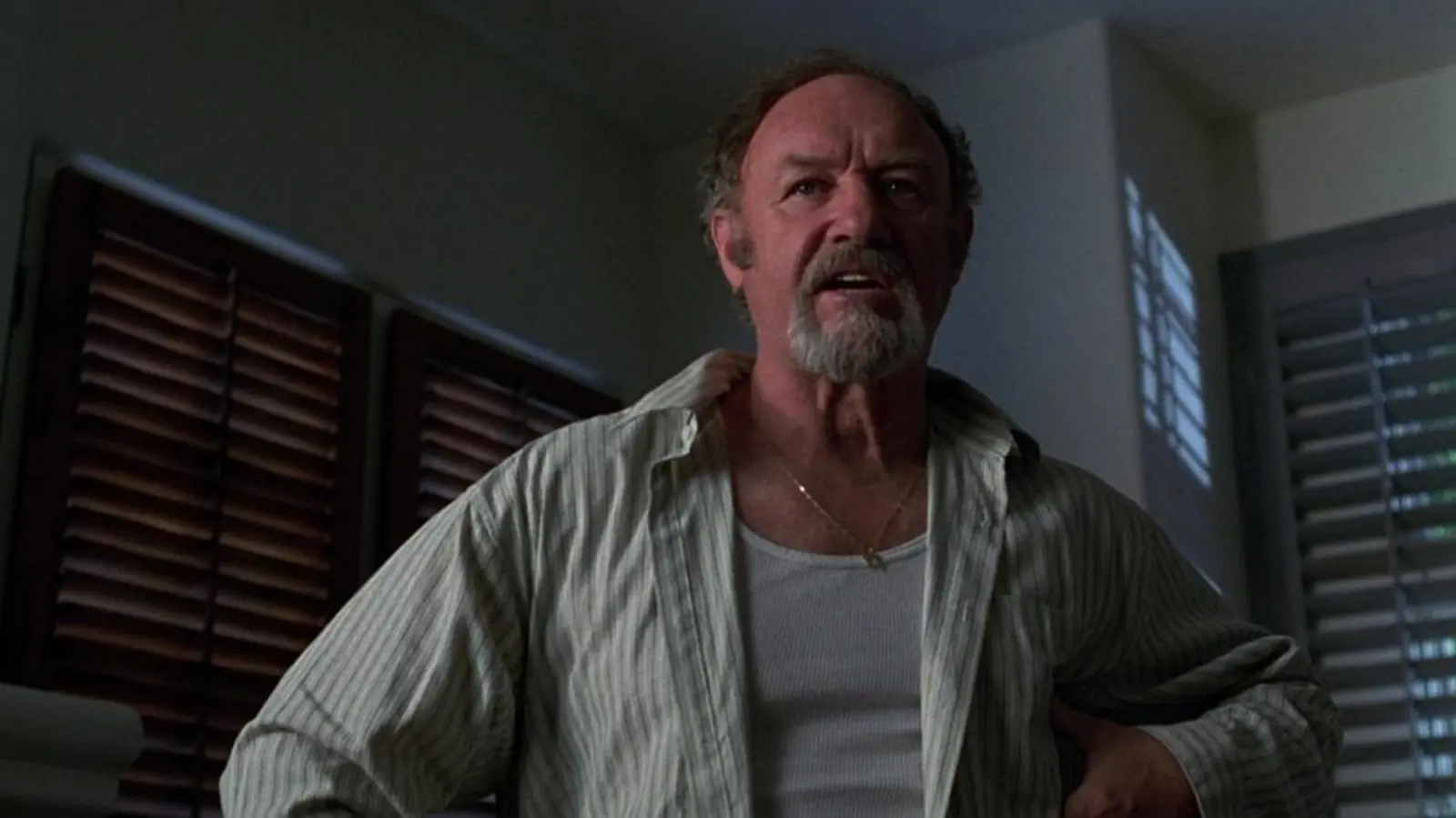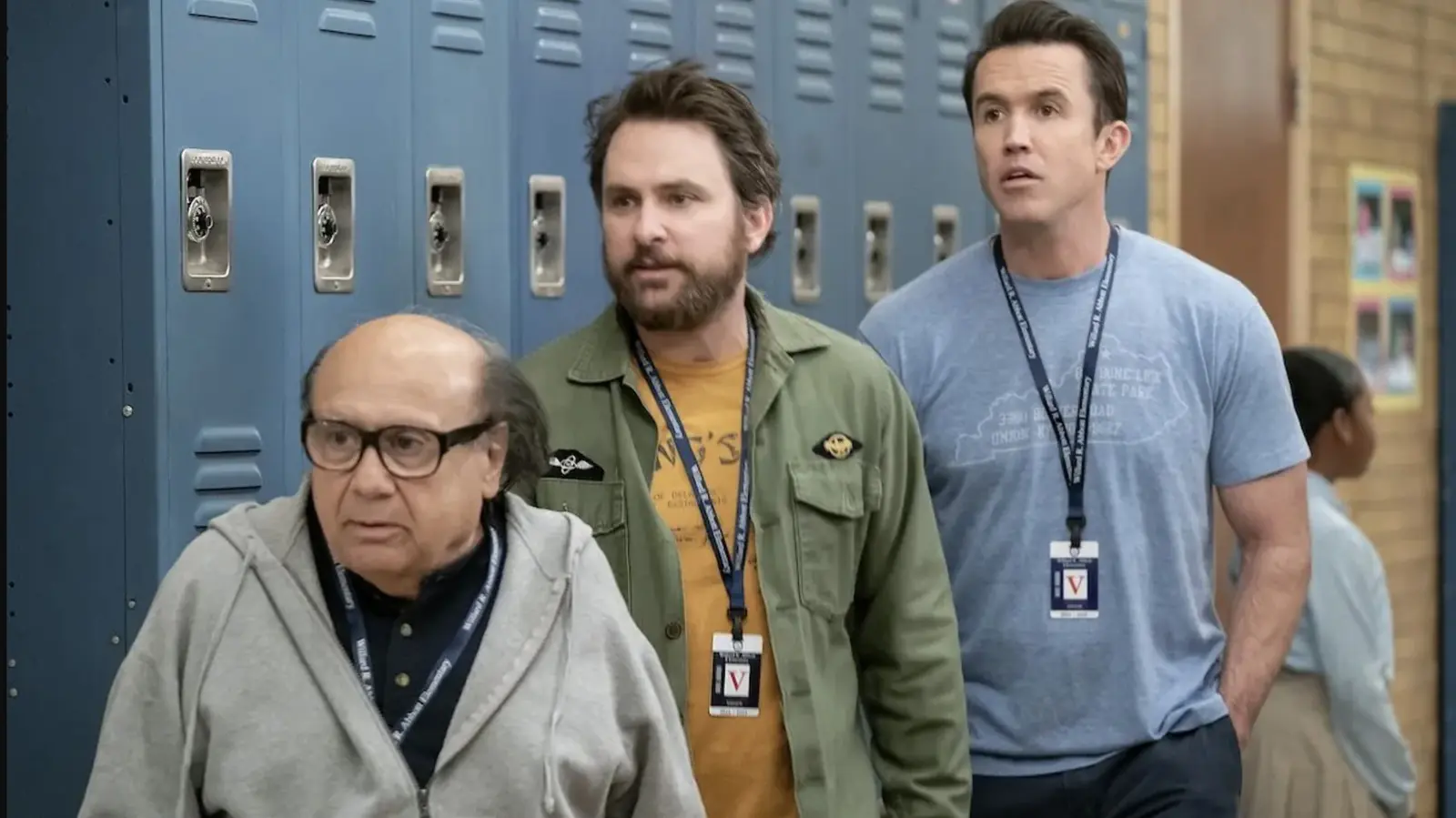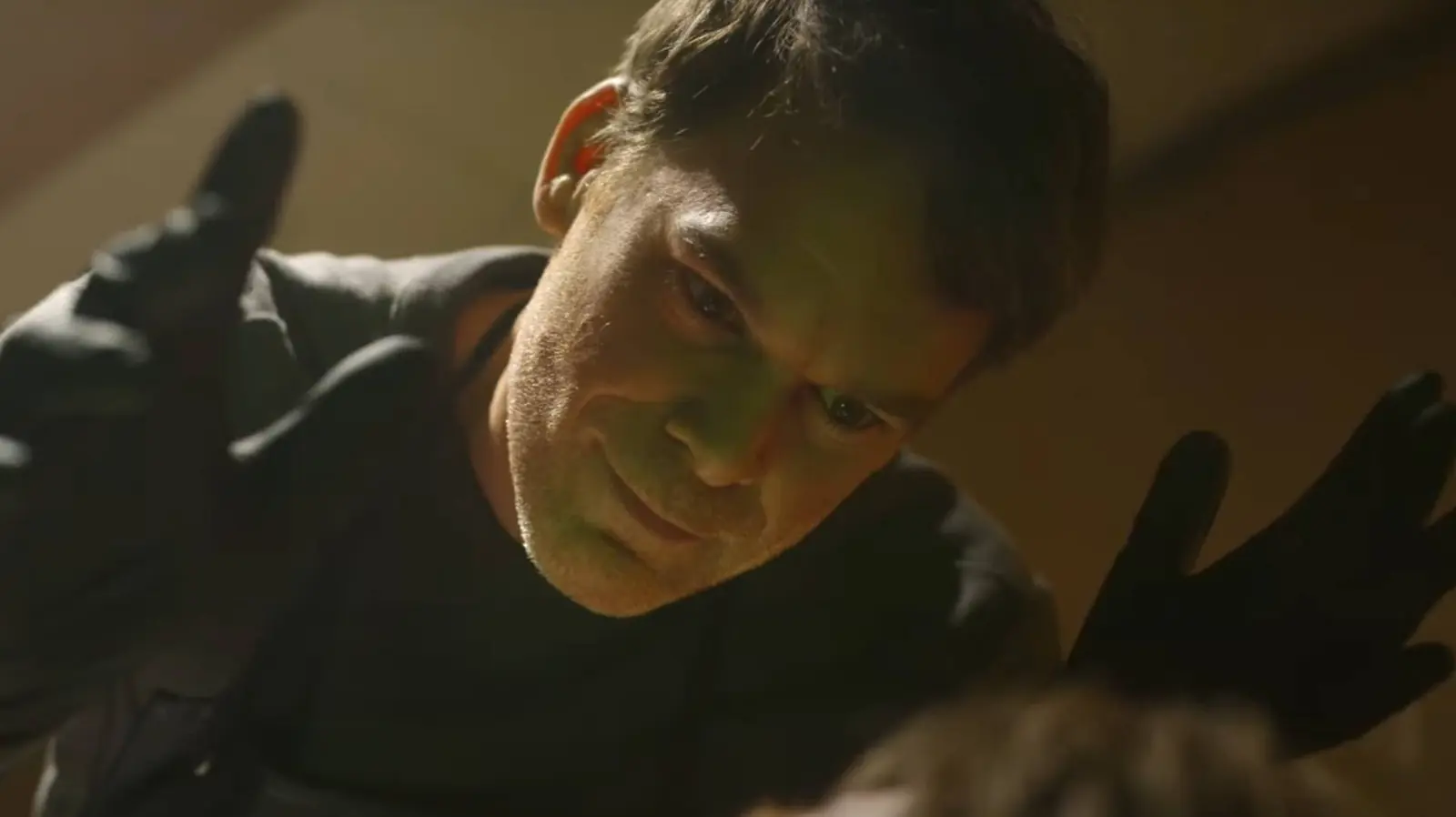Hollywood legend Gene Hackman, renowned for his commanding performances and versatility as an actor, made headlines when it was revealed that he had turned down a role in the acclaimed crime-thriller “Se7en.” Directed by the talented David Fincher, “Se7en” became a critical and commercial success, earning its place as a classic within the genre. It might be assumed that Hackman, an actor celebrated for tackling challenging and intense roles, turned down the film due to its dark themes. However, the real reason behind his decision is far more unexpected.
“Se7en,” released in 1995, is a gripping tale that delves into the depths of moral decay through the investigation of a series of gruesome murders, each inspired by one of the seven deadly sins. The film’s atmospheric tension and complex storytelling are underscored by notable performances from Morgan Freeman and Brad Pitt. Naturally, when it was revealed that Gene Hackman opted out of participating in such a high-caliber project, many assumed it might have been the film’s grim nature that led to his decision.
However, Hackman has been known for portraying characters in dark and gritty narratives, making it unlikely that the film’s content was the deciding factor. From his Oscar-winning performance in “The French Connection” to his intense role in “Unforgiven,” Hackman has never shied away from exploring the darker sides of humanity. As such, it was surprising to discover that his reason for turning down “Se7en” had nothing to do with the script’s macabre elements.
The true reason for Hackman’s decision was his reluctance to relocate to Philadelphia, where the film was set to be shot. In an era when filming on location was often a grueling and immersive task, some actors carefully considered the impact of prolonged stints away from home. For Hackman, it seems, the logistical inconvenience of uprooting his life for the duration of the shoot was enough to deter him from committing to the project.
Indeed, Hackman wasn’t the only actor who considered the challenges that came with maintaining a rigorous shooting schedule far from familiar surroundings. The task of working extensively on location can often prove to be a significant factor in an actor’s decision-making process, impacting choices as significantly as script content or character development.
While Hackman’s decision may seem perplexing given the prestige of “Se7en,” it serves as a reminder of the personal and professional considerations actors must weigh. In this case, Hackman prioritized personal convenience and lifestyle choices over participating in a film that required substantial geographical relocation.
David Fincher’s “Se7en” went on to become a landmark film without Hackman’s involvement, with Kevin Spacey ultimately taking on the role of the enigmatic and chilling antagonist, John Doe. The film received widespread critical acclaim for its storytelling, direction, and performances, marking a significant milestone in Fincher’s directorial career.
In hindsight, the absence of Hackman did not detract from the film’s success. However, one can’t help but wonder how Hackman’s interpretation might have influenced the dynamics of “Se7en’s” storytelling. Would his involvement have added an even deeper layer of gravitas to a film already brimming with tension and moral complexity?
Despite missing out on “Se7en,” Hackman continued to enjoy a prolific career. He went on to star in a variety of successful films, delivering memorable performances that solidified his status as one of Hollywood’s most respected and enduring talents. His decision to pass on “Se7en” reflects a career marked by careful choices and an unwavering commitment to maintaining a work-life balance that suited his needs.
As audiences look back on “Se7en” nearly three decades later, the film has remained relevant and continues to captivate new generations. It stands as a testament to the power of narrative and performance, proving that even when iconic actors like Hackman opt out, the strength of a film’s construction can propel it into the realm of cinema history.
In retrospect, Hackman’s decision to decline the role is a reminder of the myriad factors that contribute to an actor’s career trajectory. It highlights the essence of choices that transcend mere plot outlines or character arcs, encompassing the broader spectrum of lifestyle considerations and personal priorities.
Gene Hackman’s legacy in the film industry is undeniable, and while audiences may never see his rendition of a role in “Se7en,” the choices that defined his career continue to be admired by fans and contemporaries alike. In the world of acting, where each role can shape one’s professional narrative, Hackman’s decision underscores the multifaceted considerations that govern an actor’s journey through Hollywood.
In the years since its release, “Se7en” has maintained its status as a pivotal work that challenges and engages viewers, and Hackman’s indirect association with the film serves as an intriguing anecdote within the tapestry of its history. His decision not to participate remains a curious footnote to an otherwise celebrated masterpiece, offering insight into the complexities faced by actors as they navigate their careers.
“Se7en” continues to be a beacon of exemplary filmmaking, reflective of David Fincher’s ability to craft narratives imbued with intrigue and depth. As for Gene Hackman, his legacy remains untarnished, enriched by a career defined by profound performances and judicious choices.






